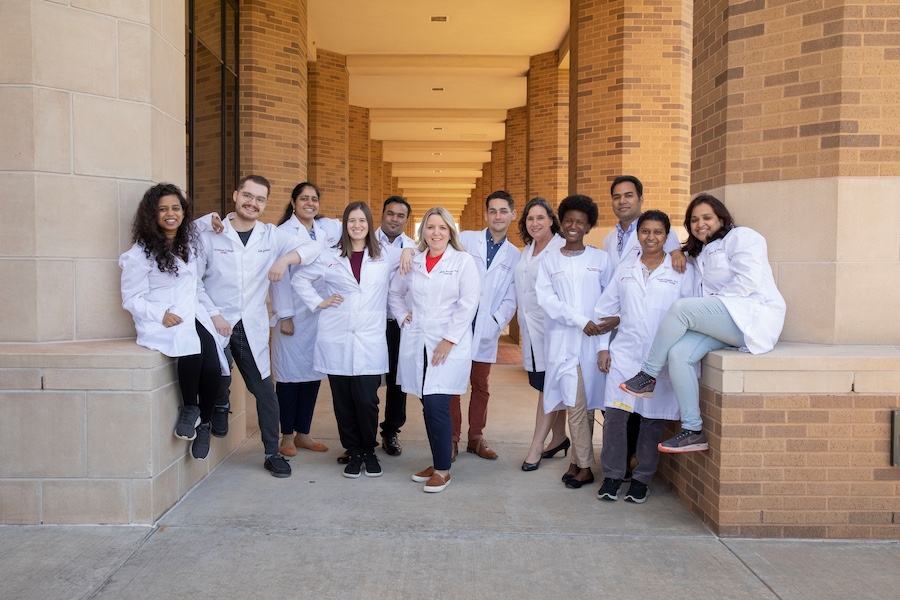
OCRA-Funded Study Provides Clear New Evidence That Opportunistic Salpingectomy Drastically Reduces Risk of Ovarian Cancer
A new study published February 2 in JAMA Network Open provides the clearest evidence to date that opportunistic salpingectomy—the removal of the fallopian tubes during another gynecologic surgery—can dramatically reduce the risk of ovarian cancer. Led by a B.C.-based international collaboration known as the Ovarian Cancer Observatory, the study found that people who underwent opportunistic … Continued






